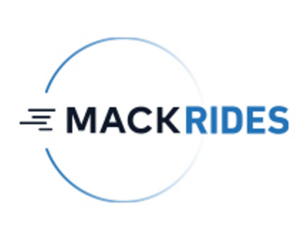Floating Wave: Hamburg Gets a Surf Spot on Elbe River
(eap) Surfing is becoming increasingly popular also in Germany: cities such as Munich, Berlin, Osnabrück and Hanover already have artificial waves that make it possible to practice the popular sport within their urban centers. With “Floating Wave”, Hamburg will soon also get a surf spot, namely on the Elbe river by summer 2026. A floating pontoon with a wave pool, associated catering facilities as well as training and event rooms is to be built in a central location in the Altona fishing port area. The floating platform will cover an area of 38 x 16 meters, while the wave pool itself will cover a surface area of 19 x 12 meters and boast a water volume of 600 cubic meters. The patented wave technology behind Floating Wave generates waves up to 1.6 meters high and, according to the provider, consumes around 50 percent less energy than conventional systems at only 179-250 kW/h. The pool will be operated exclusively with filtered Elbe water, so that neither drinking water nor chlorine will be needed.
A positive preliminary building permit for the project has been issued and the construction financing for the capital required for the Hamburg project has already been secured. Nevertheless, further investors and partners are still welcome. Also those who want to bring Floating Wave to other port cities. The construction of a Floating Wave facility would take 16 to 24 months to plan and build. “We are thrilled with the support from the city and our seed investors for our smart, low-tech innovation. Our next goal is to close the upcoming financing round to ensure the successful opening of the first Floating Wave in spring 2026. We look forward to engaging with visionary banks and investors as we finalize the construction plans,” emphasizes Felix Segebrecht, founder of Floating Wave.
“The Floating Wave is a real game changer for the leisure industry. The innovative combination of proven technologies significantly reduces the fixed costs for mooring and energy and enables central city locations. Thanks to sound financial planning and support from the federal government’s INVEST funding program, this project is not only ecologically but also economically sustainable,” says snowboard world champion, surfer and entrepreneur José Fernandes.
The possibilities to practice surfing also far away from the world’s surf hot spots at coastlines are steadily increasing. Currently, Germany’s first large-scale outdoor surf park – the O2 SURFTOWN® in Munich – is getting much attention (read also our cover story in EAP 4/2024). ■







